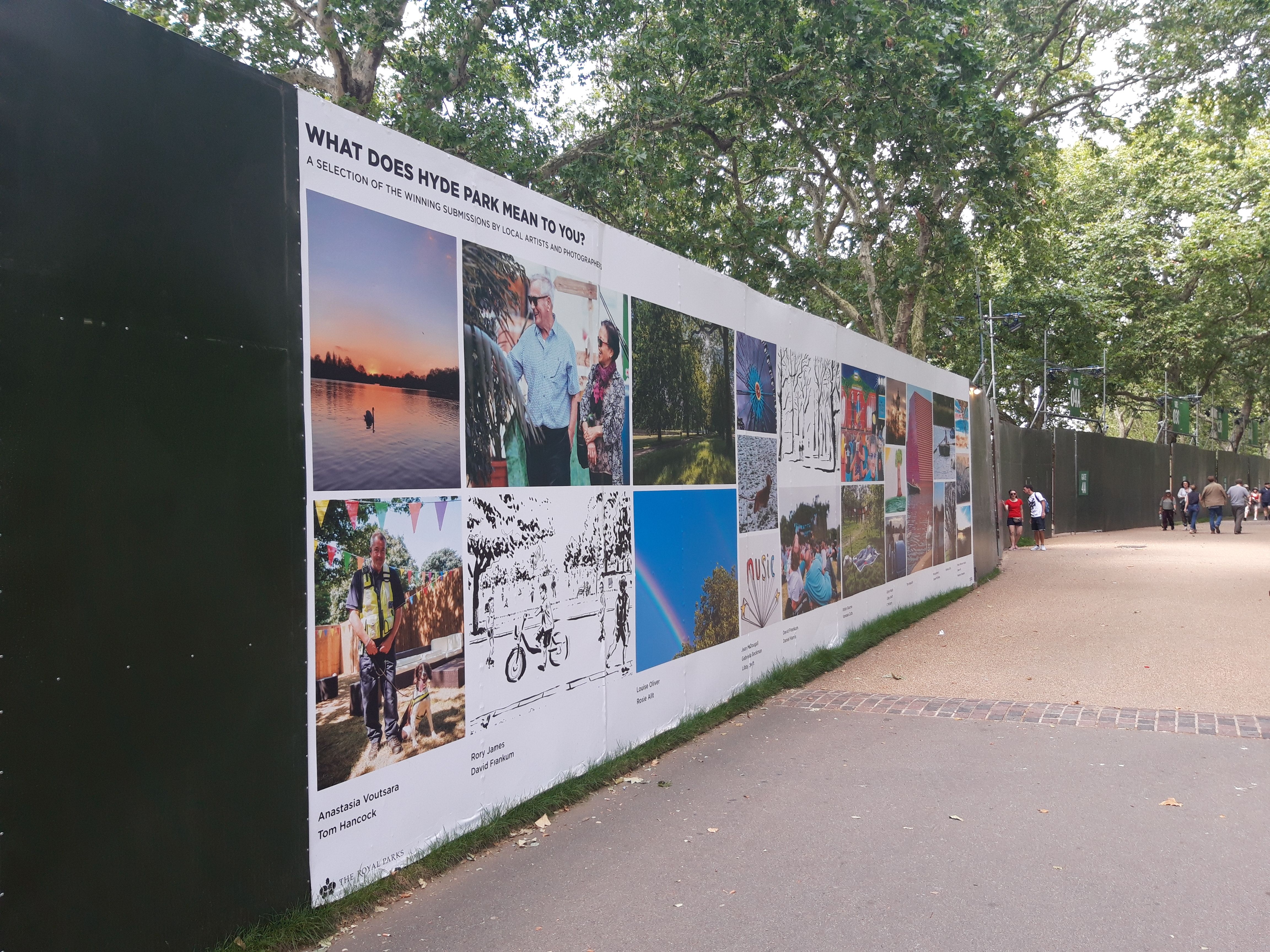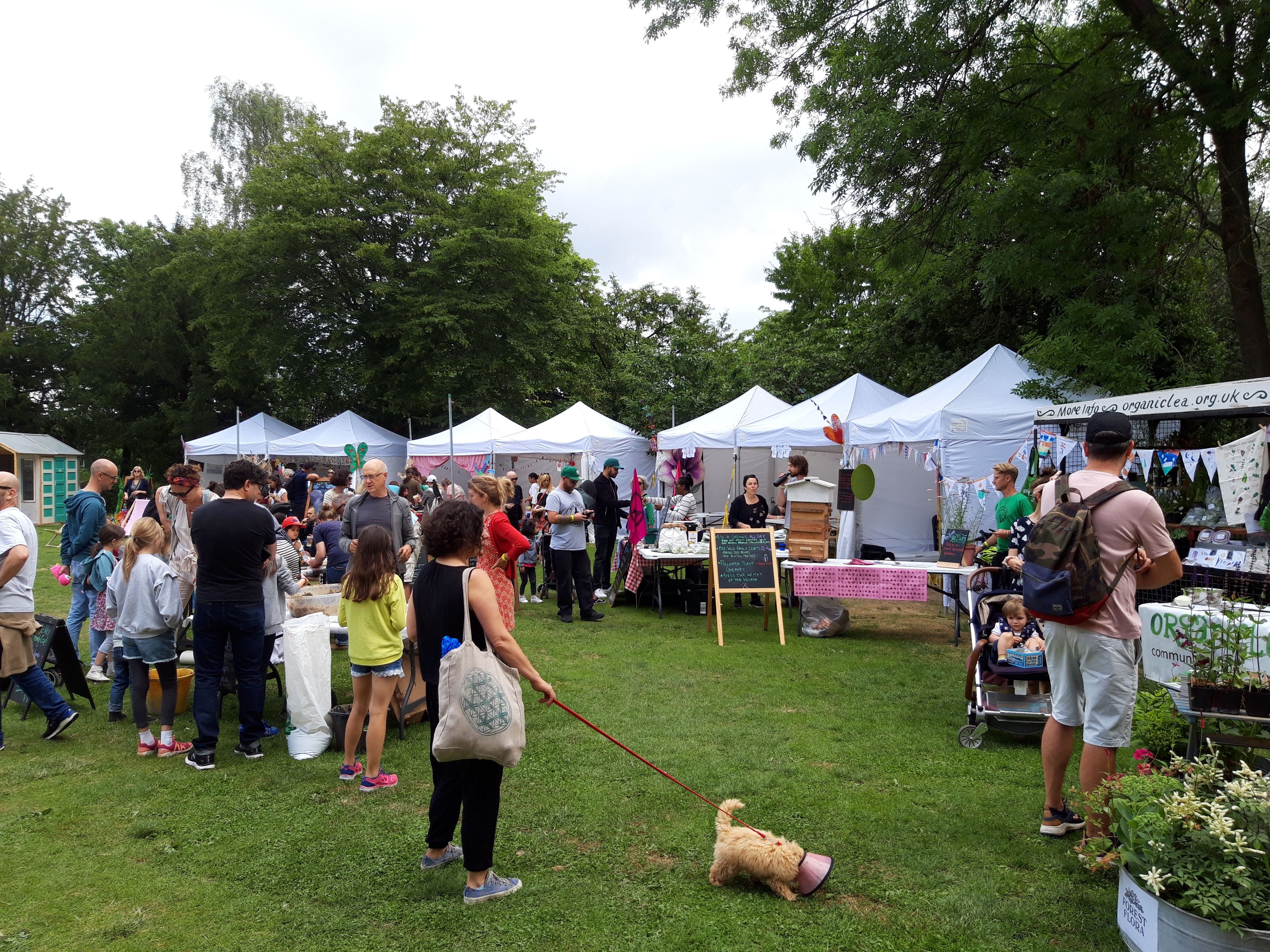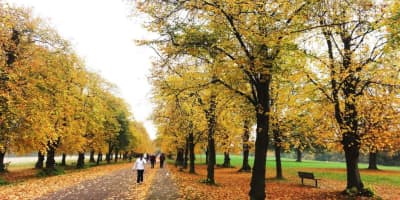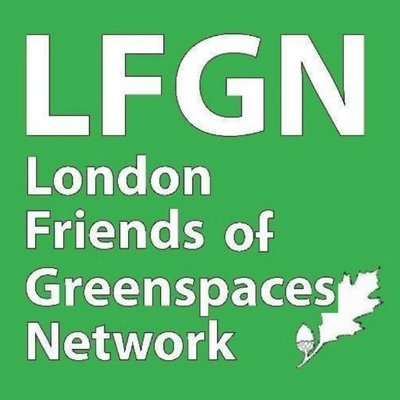A new report on events and festivals in parks has been published by Dr Andrew Smith and Goran Vodicka and could help Park Friends and Park Managers plan, organise and deliver better events. Here Dr Smith gives some insights into the research.
In 2019, The Royal Parks ran a competition for artists and photographers based on the question: What does Hyde Park mean to you? Several of the winning entries depicted music festivals, which was apt as they were displayed on the fence surrounding the British Summer Time Festival. This prominent installation highlighted that London’s parks have become indelibly associated with the events they host.

In the contemporary era, a period when consuming experiences is a significant part of the urban economy, events are one of the most visible, popular and yet controversial functions of park settings. Festivals and events provide entertainment, but they also have important social effects; attracting different types of people in to parks and encouraging London’s diverse communities to encounter one another. But they provoke user conflicts too, with large scale events affecting the accessibility of park space at times when demand for everyday park use is highest.
To capture the range of different events staged in London’s parks, and their impacts, we asked Park Friends groups a series of questions about their park’s 2019 event programmes. The research, part of the wider Festspace project, began before COVID-19 restrictions were put in place, effectively removing any possibility of staging events in the Spring and Summer of 2020 (possibly longer). It may transpire that 2019 marked ‘peak event’ for London’s parks, and so it is useful to capture this intense period of activity. But we expect festivals and events will return to the capital’s green spaces, ensuring the outcomes of our research will be relevant for years to come.
Events come in various forms and sizes and are staged for multiple reasons. Most parks and green spaces host small-scale fetes, fairs, and fun days. These help bring communities together. Many parks host festivals dedicated to specific ethnic or religious minorities, and these events not only encourage marginalised communities to use parks, they allow a more diverse range of people and activities to be visibly represented in these spaces.
We argue that the ways events are planned, and who is involved in organising them, are as important as the occasions themselves. Involving local people in events encourages engagement with other people and allows community groups a stake in the ways their parks are experienced, represented and managed. Local groups should be encouraged to work together on events, encouraging positive collaboration and communication. By co-producing park events, local communities contribute to the co-production of parks.

Some parks events are heavily contested and controversial. In an era of austerity when funding is in short supply, many local authorities have hired out park space more frequently for events. The most lucrative events staged in London’s parks are multi-day music festivals such as those staged in Hyde Park, Victoria Park and Finsbury Park. In recent years, these events have proliferated, and a wider range of parks now stage music festivals, including more peripheral spaces like Trent Country Park (Enfield), Lloyd Park (Croydon), and Morden Park (Merton). Commons, heaths and open spaces in South London such as Blackheath, Clapham Common, Peckham Rye and Streatham Common now host large scale music festivals too. These events can earn local authorities six figure sums from hire fees, meaning some parks are now entirely funded by the music festivals they host. However, these events come with considerable problems, not just obvious issues with noise and anti-social behaviour, but the significant restrictions they impose on public access before, during and after festivals. There are also concerns about environmental impacts, with damage to turf disrupting access for as much as 6 months post event.
In the future, we hope parks will continue to host a range of events, particularly those encouraging social inclusion, and it would be great to see more community involvement in various event roles. Local users should not just be consulted about event proposals, they should be involved in co-producing events which reflect their interests and identities.
Government cuts mean there is pressure on local authorities to generate commercial funding, and this means there is an incentive to programme too many paid entry events in parks. In this context there is a need to revisit and revise established London wide legislation that restricts the amount of time and space commercial events can occupy. We also think that if surpluses are made from park events, this money should be used to help maintain and improve London’s parks, rather than supplementing local authority budgets. These changes would dull incentives to treat parks as cash cows, and would help ensure London’s parks remain eventful places, not places crammed full of events.
The report can be read here.






